Find Help
More Items From Ergsy search
-

Clinical depression: Lawrence's story | NHS
Relevance: 100%
-
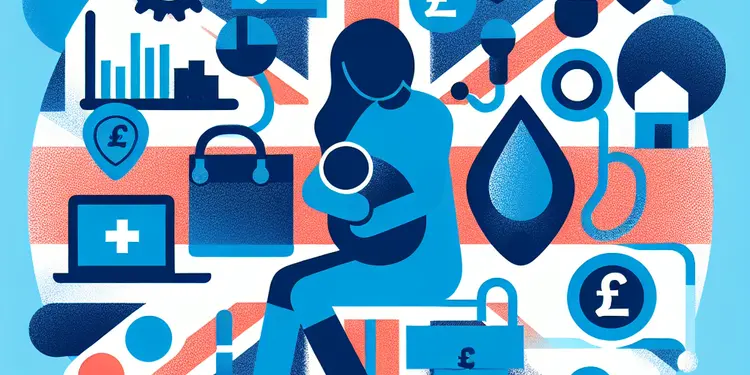
How is postnatal depression diagnosed?
Relevance: 62%
-
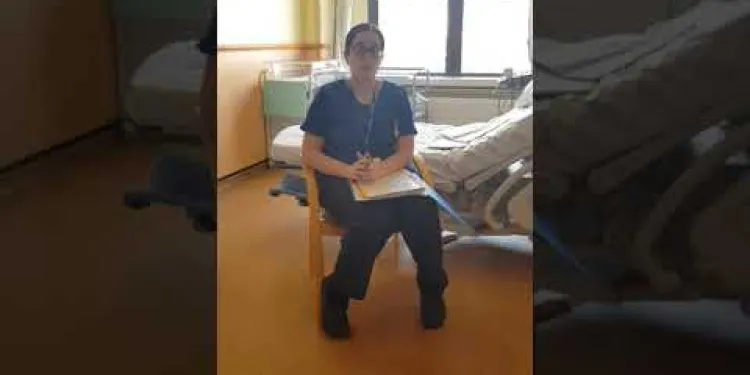
Postnatal Depression
Relevance: 61%
-
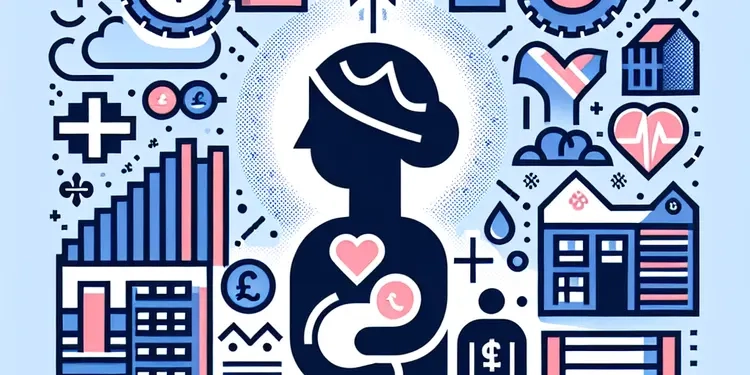
What is postnatal depression?
Relevance: 60%
-
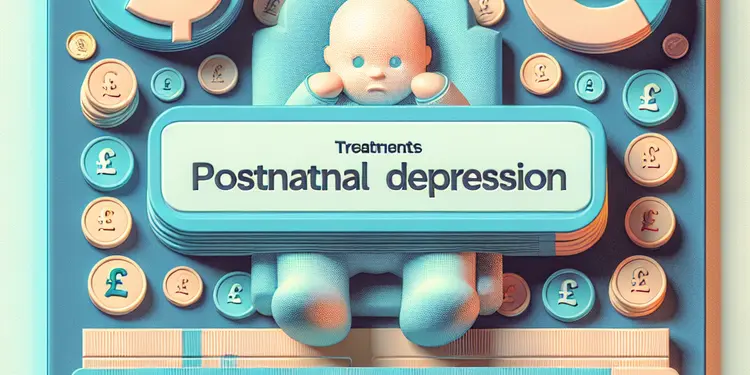
Are there treatments available for postnatal depression?
Relevance: 60%
-
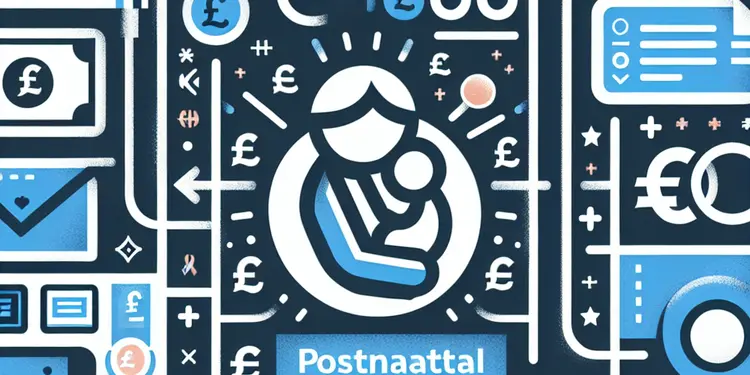
Is postnatal depression preventable?
Relevance: 57%
-
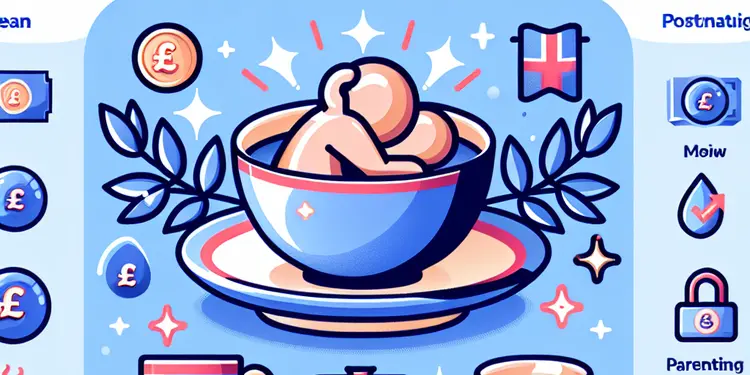
Are there support groups for postnatal depression?
Relevance: 56%
-
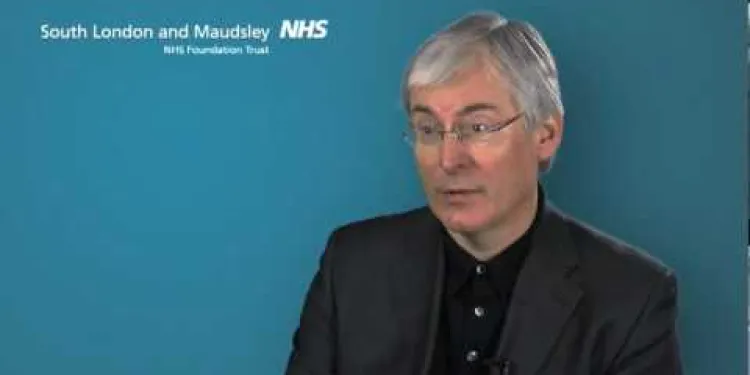
Treating anxiety and depression - www.slam.nhs.uk
Relevance: 56%
-

What causes postnatal depression?
Relevance: 56%
-

Is postnatal depression a long-term condition?
Relevance: 55%
-
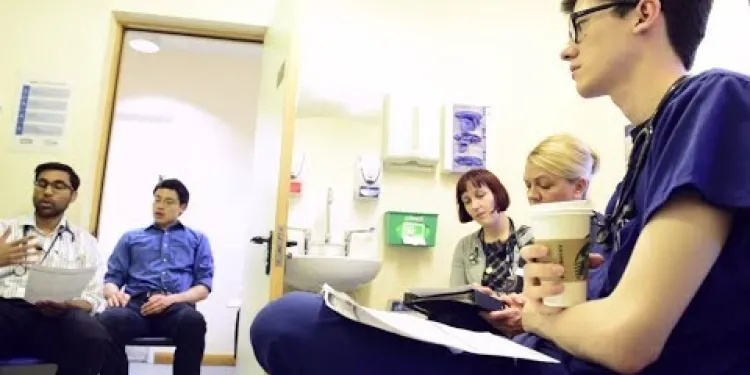
Clinical Handover - Care 24/7
Relevance: 55%
-

What are the symptoms of postnatal depression?
Relevance: 55%
-

Postnatal Depression - Leanne's Story
Relevance: 55%
-
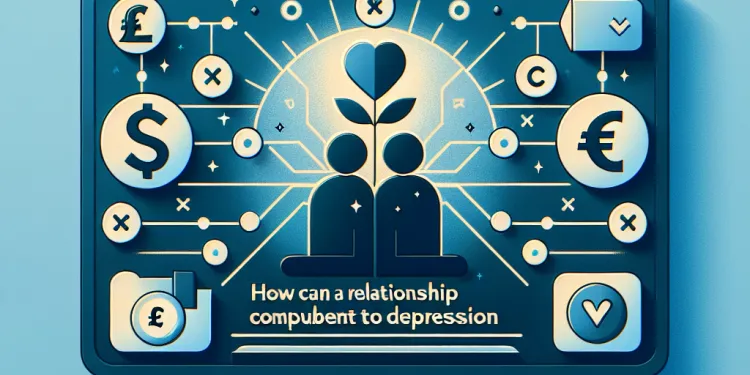
How can a relationship contribute to depression?
Relevance: 53%
-

Can fathers experience postnatal depression?
Relevance: 53%
-
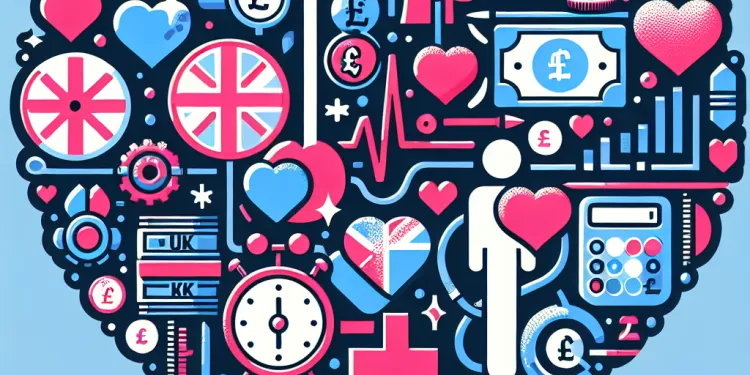
What are the signs that my relationship is making me depressed?
Relevance: 52%
-
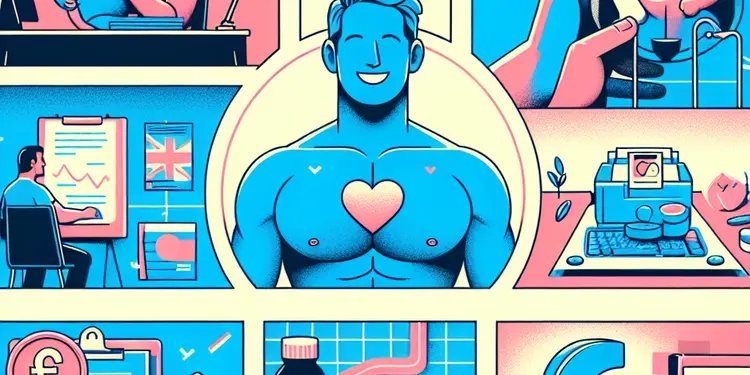
Is medication necessary for treating postnatal depression?
Relevance: 52%
-
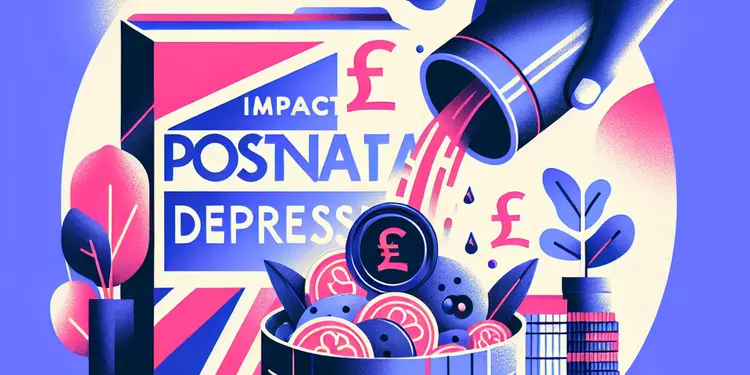
Can diet impact postnatal depression?
Relevance: 52%
-
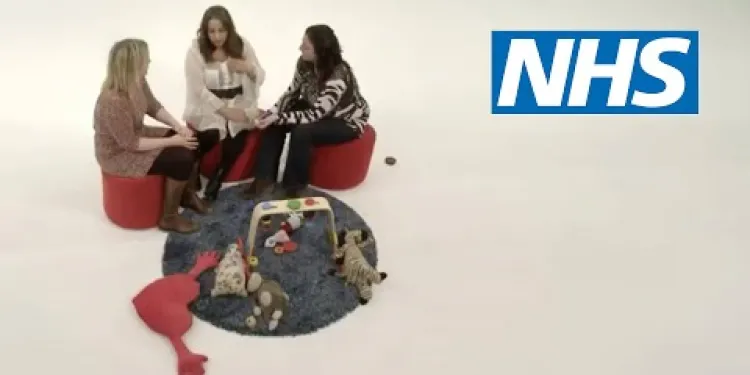
How do I know if I have postnatal depression? | NHS
Relevance: 51%
-
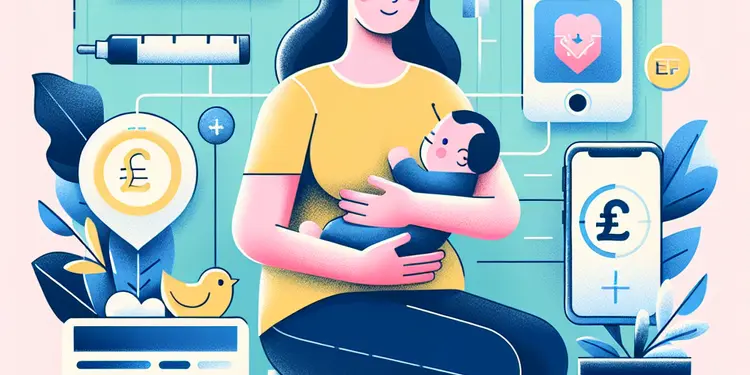
How is postnatal depression different from the 'baby blues'?
Relevance: 51%
-

Can postnatal depression affect subsequent pregnancies?
Relevance: 51%
-

Can lifestyle changes help with postnatal depression?
Relevance: 50%
-
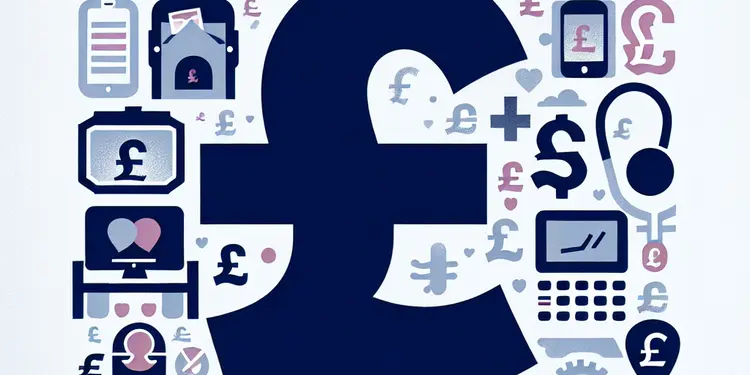
What should I do if I suspect I have postnatal depression?
Relevance: 50%
-
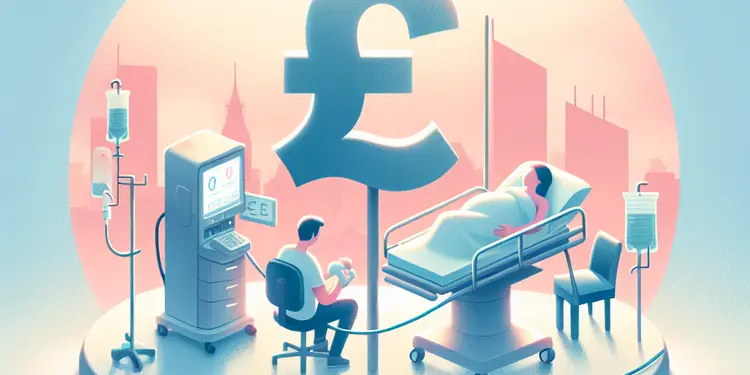
Can postnatal depression recur after treatment?
Relevance: 50%
-
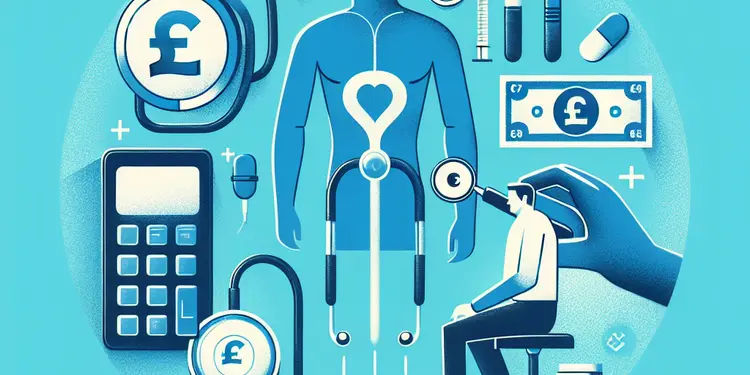
Are there clinical trials available for prostate cancer treatment?
Relevance: 50%
-

Can physical symptoms be linked to relationship-induced depression?
Relevance: 50%
-
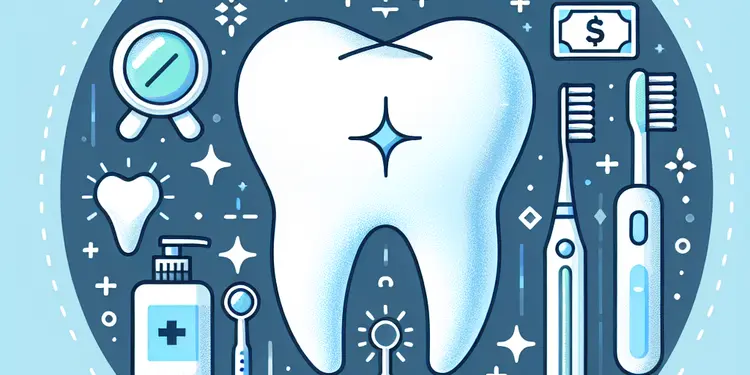
How do I choose the right dental clinic in Turkey?
Relevance: 50%
-
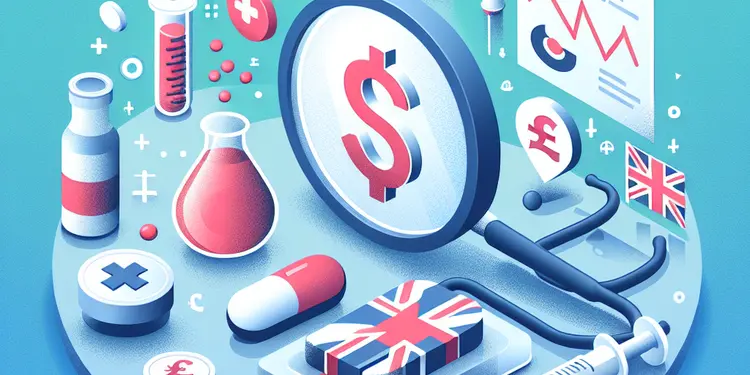
Is Paillon treatment used in any clinical trials?
Relevance: 50%
-
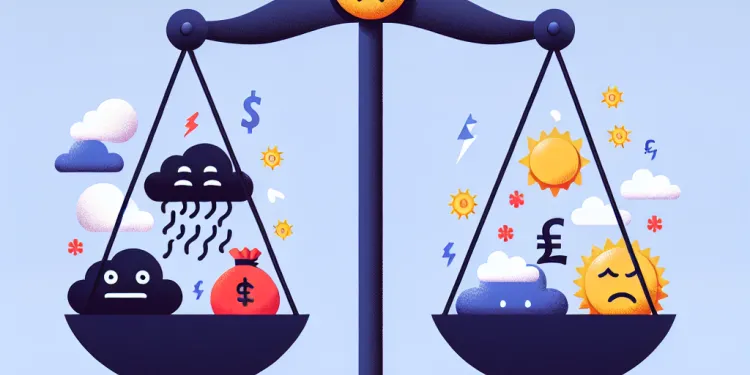
What role do unhealthy dynamics play in causing depression?
Relevance: 50%
-

Are there any self-care strategies to cope with relationship-induced depression?
Relevance: 49%
-

Are there any clinical trials for preventing type 1 diabetes?
Relevance: 49%
-

Should someone with postnatal depression seek professional help?
Relevance: 49%
-
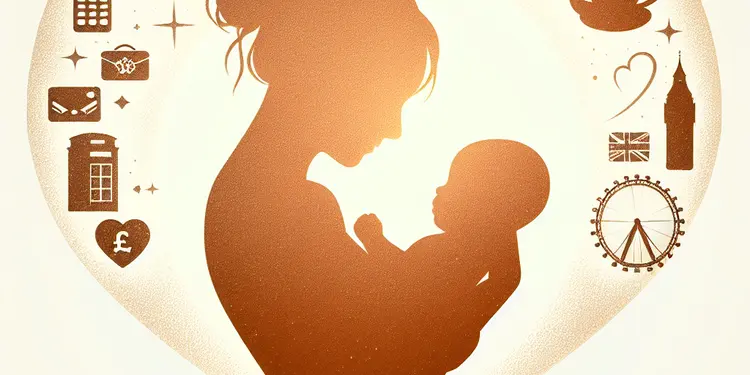
How does postnatal depression affect bonding with the baby?
Relevance: 49%
-
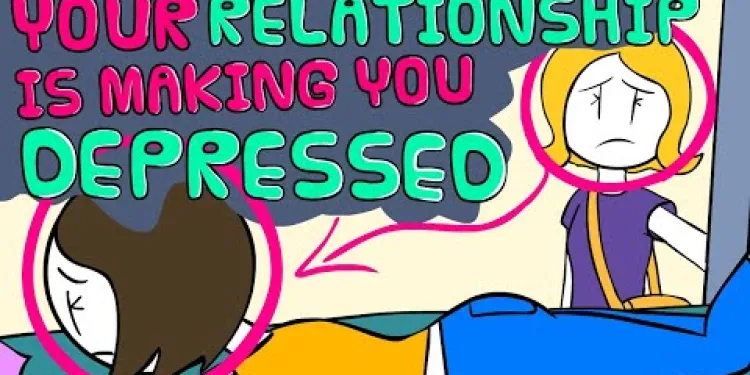
7 Signs Your Relationship is Making You Depressed
Relevance: 49%
-
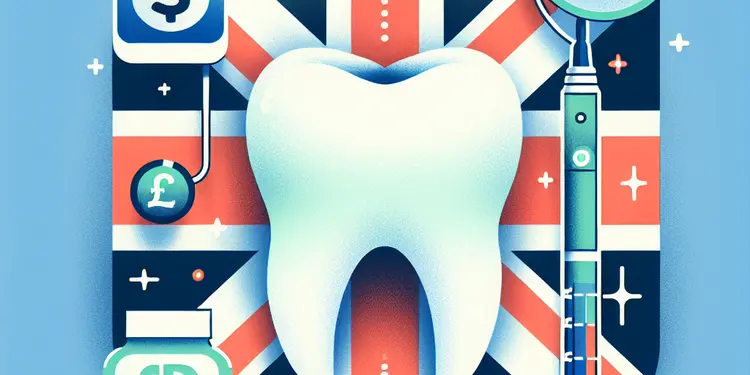
What languages do NHS dental clinics typically support?
Relevance: 48%
-
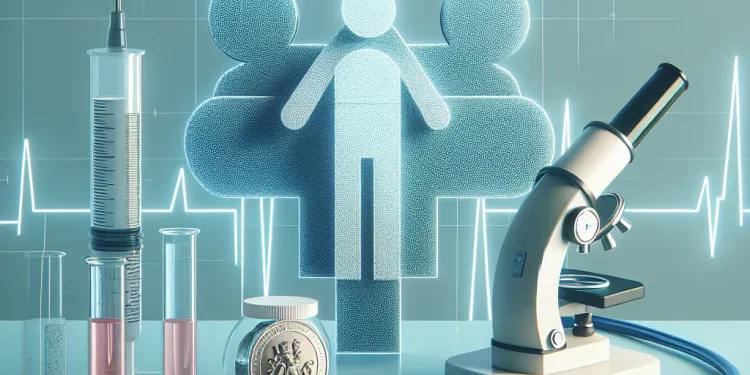
How do clinics determine if IVF is the right option?
Relevance: 48%
-
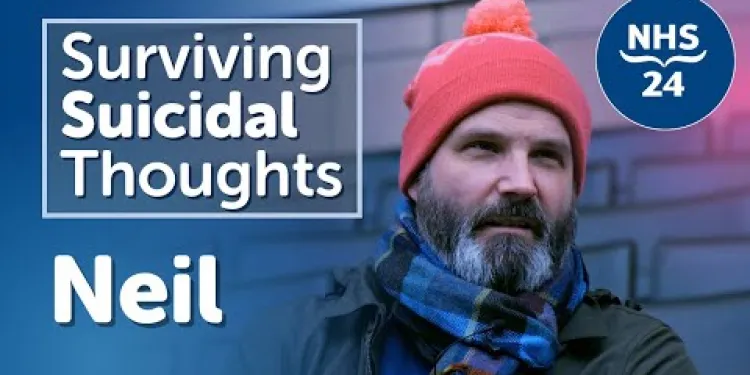
I couldn't celebrate Hibs beating Hearts because I was that depressed
Relevance: 48%
-

Are there any clinical trials supporting Ozempic for weight loss?
Relevance: 47%
-
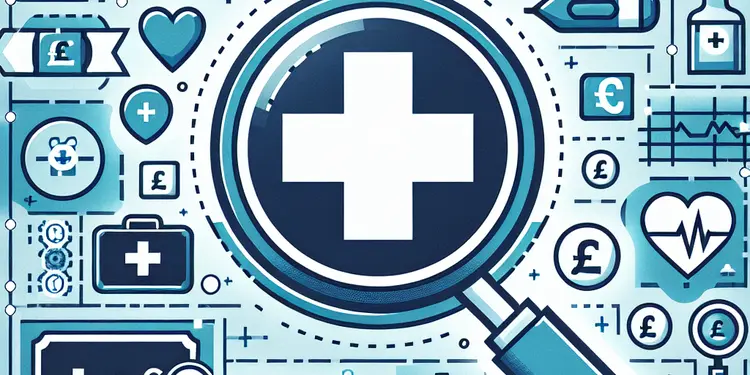
How do I find a suitable hospital or clinic for my treatment?
Relevance: 46%
-
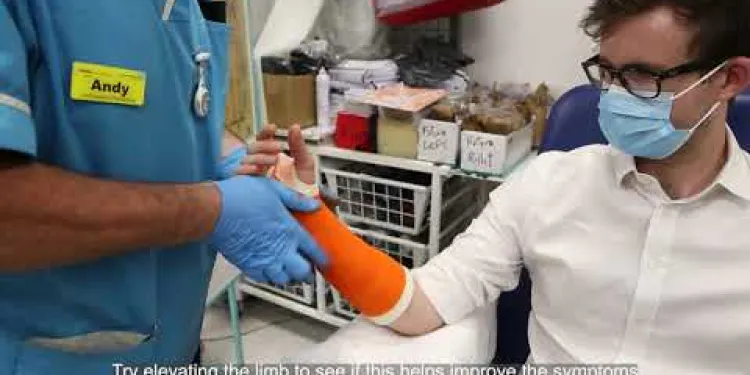
Fracture Clinic: Plaster Casts
Relevance: 46%
Clinical Depression: Lawrence's Story | NHS
Understanding Clinical Depression
Clinical depression, also known as major depressive disorder, is a serious mental health condition that affects how a person feels, thinks, and handles daily activities. It is more than just feeling sad or going through a rough patch; depression requires ongoing treatment and support. According to the NHS, symptoms of clinical depression can persist for weeks, months, or even years and may include persistent sadness, loss of interest in previously enjoyed activities, sleep disturbances, and feelings of worthlessness.Lawrence's Journey with Clinical Depression
Lawrence, a 38-year-old from Manchester, had his first encounter with clinical depression during his mid-20s. Initially, he experienced overwhelming sadness and a lack of interest in his hobbies and social life. Despite having a supportive family and a fulfilling job, Lawrence couldn't shake the persistent negative thoughts that clouded his mind. He describes feeling as though he was living in a fog, constantly fatigued and unable to focus on tasks.Seeking Help and Diagnosis
Recognizing that these feelings were not abating, Lawrence decided to seek help. He visited his GP, who referred him to a mental health specialist. After a thorough evaluation, Lawrence was diagnosed with clinical depression. The specialist explained that the condition could be linked to a combination of genetic, biochemical, environmental, and psychological factors.Treatment and Recovery
Lawrence's treatment plan included a mix of medication, cognitive behavioral therapy (CBT), and lifestyle changes. He was prescribed antidepressants, which helped to balance the chemicals in his brain and alleviate some of the symptoms. Alongside medication, CBT provided Lawrence with strategies to manage negative thought patterns and improve his coping mechanisms. Additionally, Lawrence committed to regular physical activity and made dietary changes as recommended by his healthcare provider. He found solace in joining a local support group where he could share his experiences and learn from others facing similar challenges.NHS Support and Resources
The NHS provides extensive support for individuals experiencing clinical depression. Resources include access to mental health professionals, therapies like CBT, medications, and support groups. For those in crisis, the NHS also offers urgent care services and helplines. Lawrence's story highlights that while clinical depression can be debilitating, with the right support and treatment, individuals can manage symptoms and lead fulfilling lives. For further information, the NHS website and local healthcare providers are valuable resources for anyone seeking help with clinical depression.Clinical Depression: Lawrence's Story | NHS
What is Clinical Depression?
Clinical depression is a serious sickness of the mind. It affects how a person feels, thinks, and acts every day. It's more than just feeling sad. It needs treatment and help that goes on for a long time. The NHS says that the sadness from clinical depression can last a long time. This means weeks, months, or even years. It can make people lose interest in things they used to enjoy. It can also affect sleep and make people feel worthless.Lawrence's Experience with Clinical Depression
Lawrence is 38 years old and lives in Manchester. He first felt clinical depression when he was in his mid-20s. He felt very sad and didn’t want to do things he liked. Even though his family was supportive and he had a good job, he couldn’t stop feeling bad. Lawrence says it felt like living in a fog. He was always tired and couldn’t concentrate on anything.Getting Help and Diagnosis
Lawrence knew he needed help because the feelings didn’t go away. He went to his doctor, who sent him to a mental health expert. After some checks, the expert said Lawrence had clinical depression. The expert explained that it can happen because of genes, body chemicals, the environment, and feelings.Treatment and Getting Better
Lawrence's treatment plan had different parts. He took medicine called antidepressants, which helped his brain feel better. He also did talking therapy called Cognitive Behavioral Therapy (CBT). CBT helped him learn how to manage bad thoughts and act better. Lawrence also started exercising and eating better as his doctor advised. He joined a support group to talk with others who had similar experiences.NHS Help and Resources
The NHS has lots of help for people with clinical depression. This includes talking to mental health experts, therapies like CBT, medicine, and support groups. For emergencies, the NHS has care services and phone lines. Lawrence’s story shows that even though clinical depression is tough, with the right help, people can feel better and live happy lives. For more details, the NHS website and local health centers can help people looking for support with clinical depression.Frequently Asked Questions
What were Lawrence's initial symptoms of clinical depression?
Lawrence initially experienced feelings of sadness, a lack of energy, and a loss of interest in activities he previously enjoyed.
How did Lawrence describe his mood during his depression?
Lawrence described his mood as persistently low and hopeless, making everyday tasks feel overwhelming.
What impact did depression have on Lawrence's daily life?
Depression affected Lawrence's ability to work, maintain relationships, and participate in social activities.
How did Lawrence seek help for his depression?
Lawrence sought help by visiting his GP, who then referred him to a mental health specialist for further treatment.
What treatments did Lawrence receive for his depression?
Lawrence received a combination of medication and talking therapies, including cognitive behavioural therapy (CBT).
How did medication help Lawrence manage his depression?
Medication helped to stabilise Lawrence's mood and alleviate some of the severe symptoms of depression, making it easier for him to engage in therapy.
What role did cognitive behavioural therapy (CBT) play in Lawrence's recovery?
CBT helped Lawrence by providing strategies to challenge negative thought patterns and adopt healthier behaviours.
Did Lawrence experience any side effects from his medication?
Yes, Lawrence mentioned experiencing some side effects initially, but they subsided over time as his body adjusted to the medication.
How long did it take for Lawrence to notice an improvement in his symptoms?
Lawrence began to notice an improvement in his symptoms after several weeks of consistent treatment.
What coping mechanisms did Lawrence find helpful during his recovery?
Lawrence found it helpful to engage in physical exercise, maintain a routine, and set small, achievable goals.
Was support from family and friends important in Lawrence's recovery?
Yes, support from family and friends played a crucial role in providing reassurance and encouragement throughout Lawrence's recovery.
How did Lawrence's employer accommodate his mental health condition?
Lawrence's employer was understanding and provided flexible working arrangements to help him manage his condition.
Did Lawrence find any particular warning signs that indicated a relapse of depression?
Lawrence became more aware of early warning signs like changes in his sleep patterns and energy levels, which helped him seek help sooner.
What message does Lawrence have for others experiencing clinical depression?
Lawrence encourages others to seek help as soon as possible, reminding them that recovery is possible with the right support and treatment.
Why is it important to seek professional help for clinical depression?
Seeking professional help is important because clinical depression is a serious mental health condition that often requires a combination of treatments to manage effectively.
What were the first signs that Lawrence was feeling very sad?
At first, Lawrence felt sad. He had no energy and didn't want to do things he used to like.
What did Lawrence say about how he felt when he was sad?
Lawrence says he feels sad all the time. He feels like there is no hope. Doing normal things every day feels very hard for him.
Tools that might help Lawrence are:
- Talking to someone who can help, like a counselor.
- Writing down his feelings in a diary.
- Doing relaxing things, like listening to music or drawing.
How did being sad all the time change Lawrence's daily life?
Feeling very sad made it hard for Lawrence to work. It was also difficult for him to make friends and join in fun activities with others.
How did Lawrence ask for help because he was feeling sad?
Lawrence went to see his doctor for help. The doctor sent him to see a mental health expert to get more help.
What help did Lawrence get for feeling sad?
Lawrence got some medicine and also talked to a therapist. This is called talking therapy. One type of talking therapy Lawrence had is called cognitive behavioural therapy, or CBT.
How did medicine help Lawrence feel better from his sadness?
Medicine helped Lawrence feel better. It made his sad feelings less strong. This made it easier for him to talk to his therapist.
How did CBT help Lawrence get better?
CBT helped Lawrence. It gave him ways to change bad thoughts into good thoughts. It also helped him choose better actions.
Did Lawrence feel unwell from his medicine?
If you are finding it hard to understand, you can:
- Ask someone to explain it to you.
- Use pictures to help.
- Break the question into smaller parts.
Yes, Lawrence said he had some side effects at the beginning, but they went away after a while when his body got used to the medicine.
When did Lawrence start feeling better?
Lawrence started to feel better after taking his medicine regularly for a few weeks.
What things helped Lawrence feel better while he was getting well?
Lawrence found it helpful to do some exercise, have a daily routine, and set small goals that he can reach.
Did Lawrence get better because his family and friends helped him?
Yes, Lawrence's family and friends helped a lot. They made Lawrence feel better and cheered him on as he got better.
What did Lawrence's boss do to help with his mental health?
Lawrence's boss was kind. They let him work in a way that helped him feel better.
Did Lawrence see any warning signs that showed his depression was coming back?
Lawrence started to notice early warning signs. He saw when things like his sleep and energy levels changed. This helped him ask for help sooner.
What does Lawrence want to say to people who have clinical depression?
Lawrence wants to help people with clinical depression feel better. Here are some simple tips:
- Talk to Someone: Tell a friend, family member, or doctor how you feel.
- Take Little Steps: Try to do small things that make you happy each day.
- Get Help: Ask a doctor or therapist for support.
Remember, it’s okay to ask for help. You are not alone.
Lawrence says to get help quickly. He reminds everyone that you can get better with the right support and care.
Why should you talk to a doctor about feeling very sad?
Talking to a doctor when you feel really sad is important. Doctors can help you feel better. There are special tools and ways to help you. Family and friends can support you too.
It is important to get help from a doctor or therapist. This is because depression is a serious illness. You may need different treatments to feel better.
Useful Links
Have you found an error, or do you have a link or some information you would like to share? Please let us know using the form below.
-->
This website offers general information and is not a substitute for professional advice.
Always seek guidance from qualified professionals.
If you have any medical concerns or need urgent help, contact a healthcare professional or emergency services immediately.
Some of this content was generated with AI assistance. We’ve done our best to keep it accurate, helpful, and human-friendly.
- Ergsy carfully checks the information in the videos we provide here.
- Videos shown by Youtube after a video has completed, have NOT been reviewed by ERGSY.
- To view, click the arrow in centre of video.
- Most of the videos you find here will have subtitles and/or closed captions available.
- You may need to turn these on, and choose your preferred language.
- Go to the video you'd like to watch.
- If closed captions (CC) are available, settings will be visible on the bottom right of the video player.
- To turn on Captions, click settings .
- To turn off Captions, click settings again.
More Items From Ergsy search
-

Clinical depression: Lawrence's story | NHS
Relevance: 100%
-

How is postnatal depression diagnosed?
Relevance: 62%
-

Postnatal Depression
Relevance: 61%
-

What is postnatal depression?
Relevance: 60%
-

Are there treatments available for postnatal depression?
Relevance: 60%
-

Is postnatal depression preventable?
Relevance: 57%
-

Are there support groups for postnatal depression?
Relevance: 56%
-

Treating anxiety and depression - www.slam.nhs.uk
Relevance: 56%
-

What causes postnatal depression?
Relevance: 56%
-

Is postnatal depression a long-term condition?
Relevance: 55%
-

Clinical Handover - Care 24/7
Relevance: 55%
-

What are the symptoms of postnatal depression?
Relevance: 55%
-

Postnatal Depression - Leanne's Story
Relevance: 55%
-

How can a relationship contribute to depression?
Relevance: 53%
-

Can fathers experience postnatal depression?
Relevance: 53%
-

What are the signs that my relationship is making me depressed?
Relevance: 52%
-

Is medication necessary for treating postnatal depression?
Relevance: 52%
-

Can diet impact postnatal depression?
Relevance: 52%
-

How do I know if I have postnatal depression? | NHS
Relevance: 51%
-

How is postnatal depression different from the 'baby blues'?
Relevance: 51%
-

Can postnatal depression affect subsequent pregnancies?
Relevance: 51%
-

Can lifestyle changes help with postnatal depression?
Relevance: 50%
-

What should I do if I suspect I have postnatal depression?
Relevance: 50%
-

Can postnatal depression recur after treatment?
Relevance: 50%
-

Are there clinical trials available for prostate cancer treatment?
Relevance: 50%
-

Can physical symptoms be linked to relationship-induced depression?
Relevance: 50%
-

How do I choose the right dental clinic in Turkey?
Relevance: 50%
-

Is Paillon treatment used in any clinical trials?
Relevance: 50%
-

What role do unhealthy dynamics play in causing depression?
Relevance: 50%
-

Are there any self-care strategies to cope with relationship-induced depression?
Relevance: 49%
-

Are there any clinical trials for preventing type 1 diabetes?
Relevance: 49%
-

Should someone with postnatal depression seek professional help?
Relevance: 49%
-

How does postnatal depression affect bonding with the baby?
Relevance: 49%
-

7 Signs Your Relationship is Making You Depressed
Relevance: 49%
-

What languages do NHS dental clinics typically support?
Relevance: 48%
-

How do clinics determine if IVF is the right option?
Relevance: 48%
-

I couldn't celebrate Hibs beating Hearts because I was that depressed
Relevance: 48%
-

Are there any clinical trials supporting Ozempic for weight loss?
Relevance: 47%
-

How do I find a suitable hospital or clinic for my treatment?
Relevance: 46%
-

Fracture Clinic: Plaster Casts
Relevance: 46%


